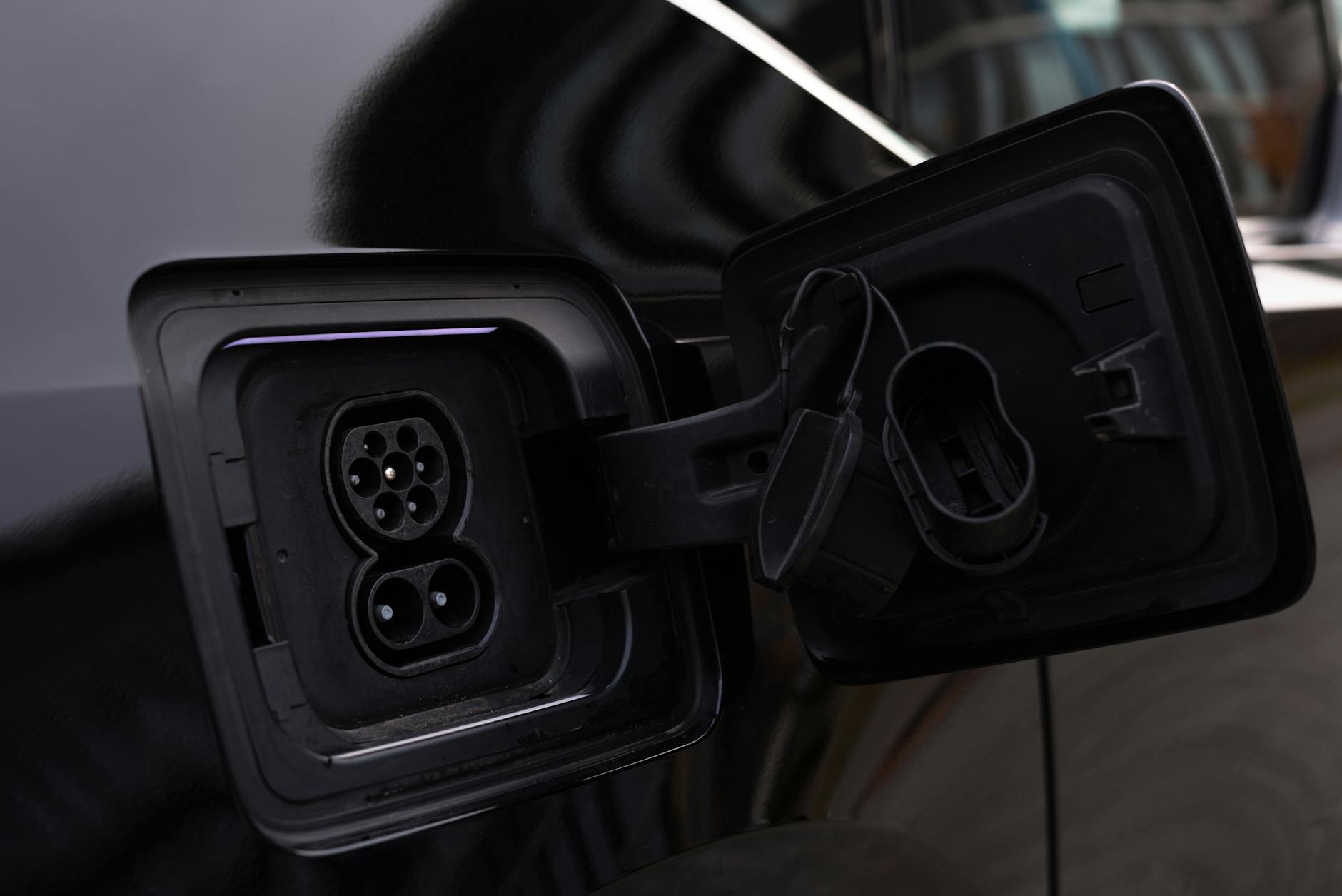At the Micromobility Europe conference in Brussels, a new wave of European startups showcased their innovative solutions aimed at reshaping the micromobility sector. These startups, from fleet management tools to novel vehicle designs, indicate a significant pivot in the industry’s direction-toward sustainable and practical urban transport solutions.
One standout, the UK-based Convoy, is redefining cargo mobility with its lightweight, easy-to-attach conversion kits, transforming standard bicycles into cargo-carrying e-bikes. This innovation not only caters to the needs of modern parents but also addresses urban cargo transport challenges, making it a unique solution in the micromobility landscape. The foresight of the Convoy team, which includes veterans from varied sectors including women’s health tech, underscores a blend of cross-industry expertise driving innovation (TechCrunch).
Meanwhile, Azora Charge from Germany is tapping into the sustainable aspect of micromobility with its solar-powered charging stations. The Azora Arc, a model of thoughtful design and utility, reflects a broader trend of integrating renewable energy sources within urban transportation networks, offering a scalable solution to cities and businesses eager to enhance their green infrastructure.
On the eastern front, Fleetser offers a glimpse into the burgeoning market for refurbished and second-hand e-bikes and scooters. This company's approach not only extends the lifecycle of micromobility hardware but also provides an economically viable entry point for new operators in the market. The business model benefits from organic growth driven by practical market needs, presenting a resilient form of expansion amidst fluctuating economic climates.
Moreover, the incorporation of advanced technologies such as AI in fleet management signifies a leap towards more efficient urban mobility systems. Italian startup Switch is pioneering this change by employing AI to optimize fleet operations and management for cities and businesses. Their innovative use of AI in urban mobility planning and management could potentially set new standards in the industry.
Finally, the emergence of comprehensive platforms like Zapp from Bosnia and Herzegovina, which offers a suite of urban mobility services, illustrates the sector's evolution towards more integrated and user-centric solutions. Such platforms not only enhance user convenience but also boost local economies by leveraging local insights and needs.
These developments point to a maturing micromobility market that no longer merely experiments with technology but seeks to deeply integrate it into the urban fabric. European startups, with their innovative approaches and solutions, are leading this charge, ensuring that micromobility is not just a passing trend but a key player in the future of urban transportation. As these companies evolve, their impact could extend well beyond the borders of Europe, influencing global standards and practices in urban mobility.



